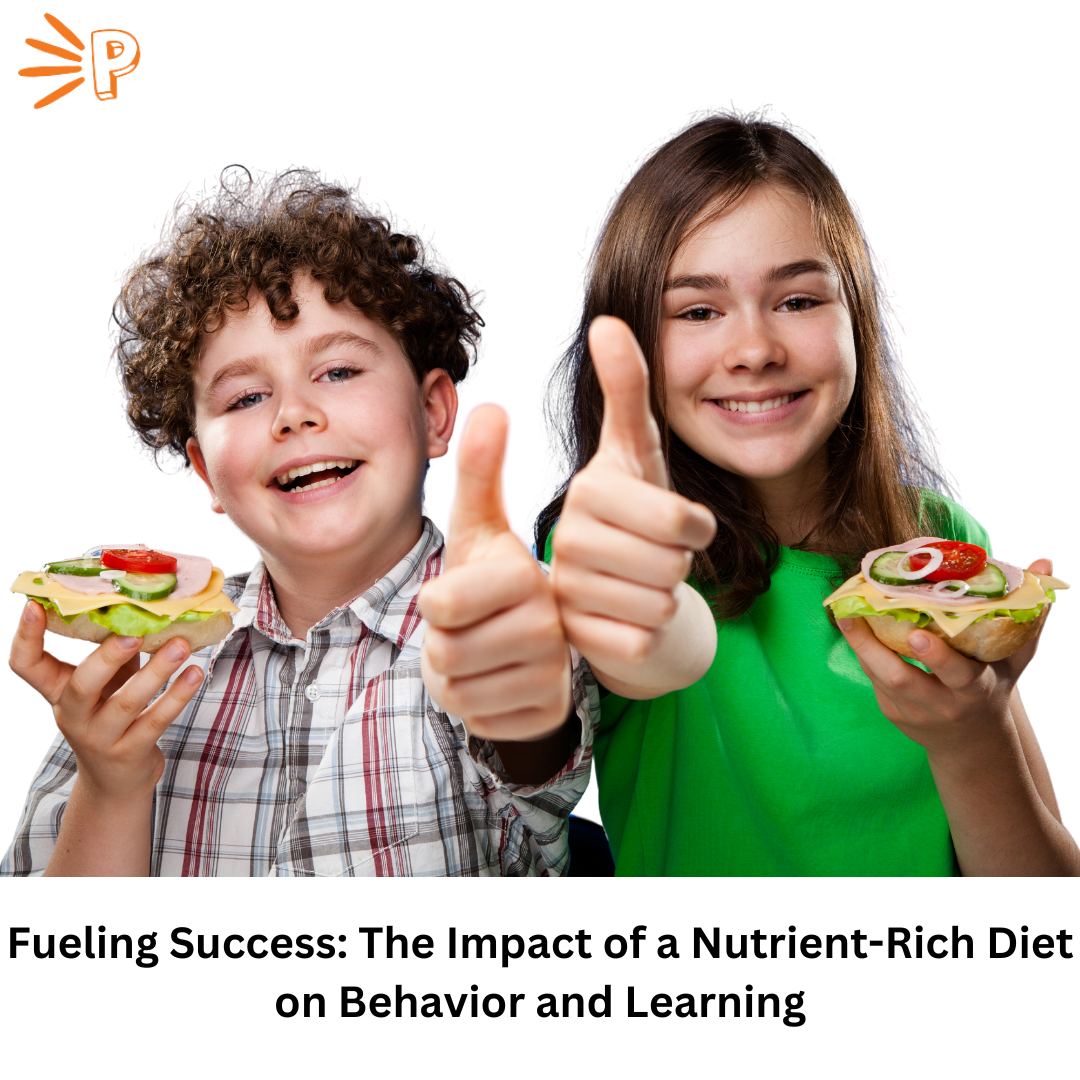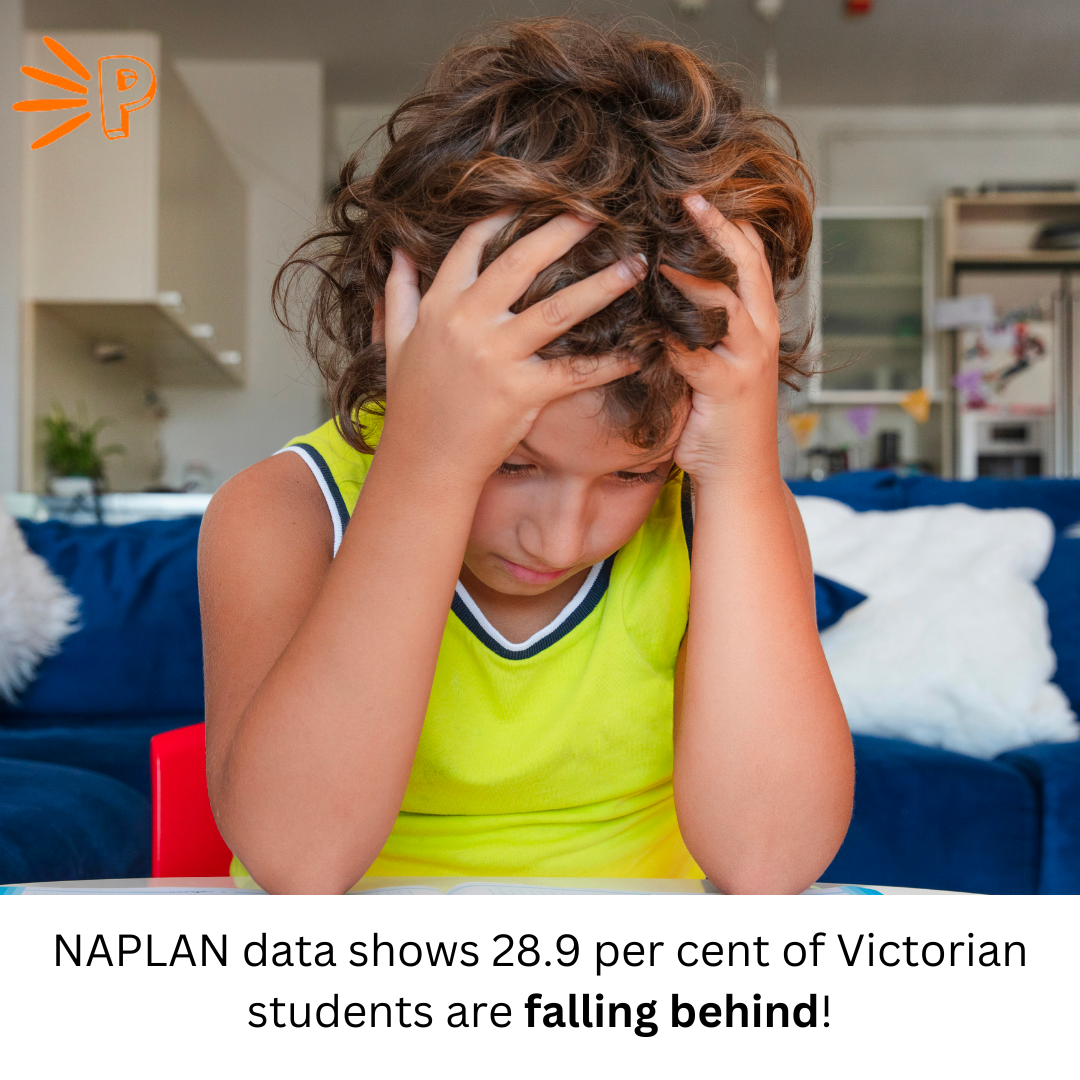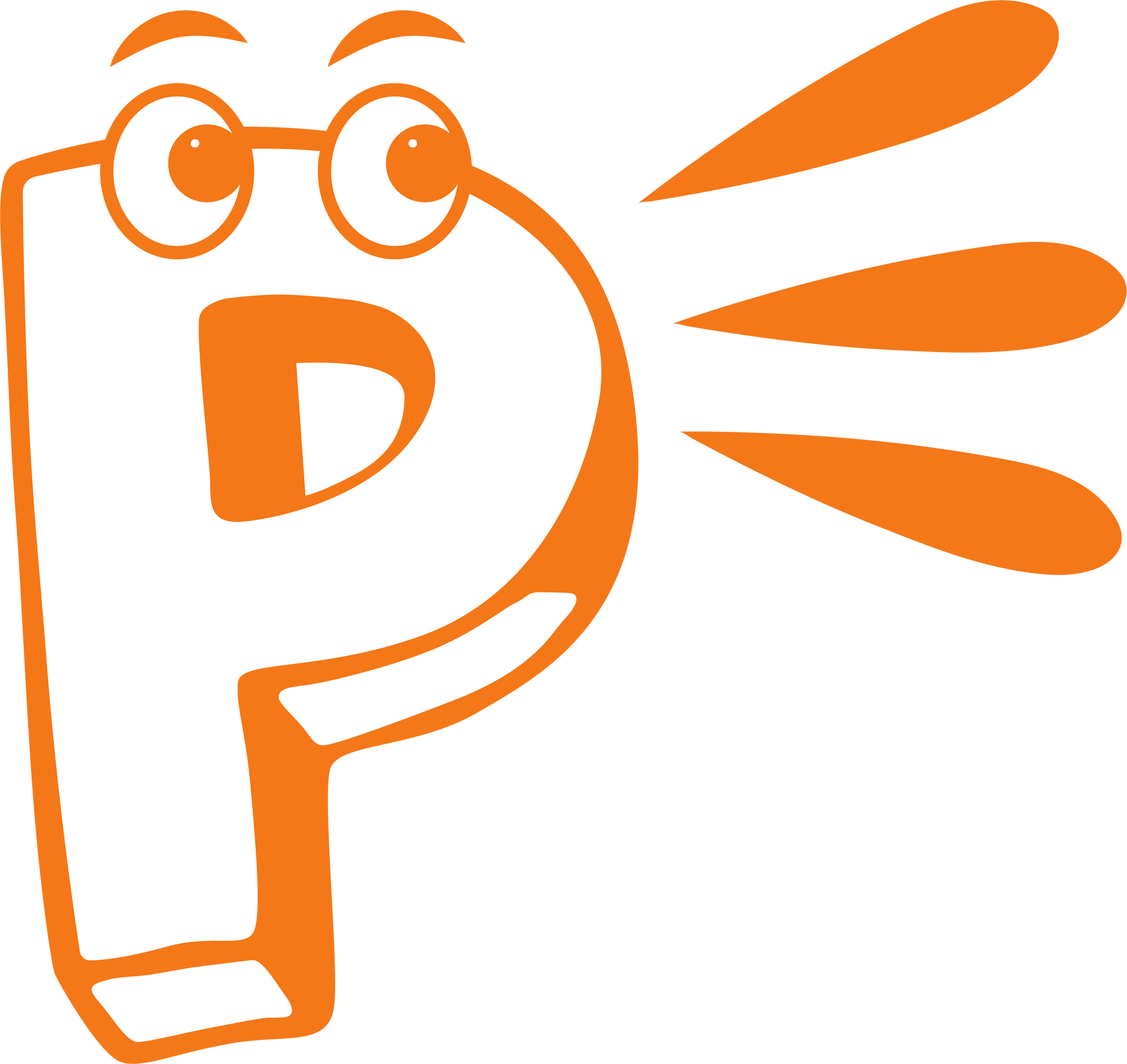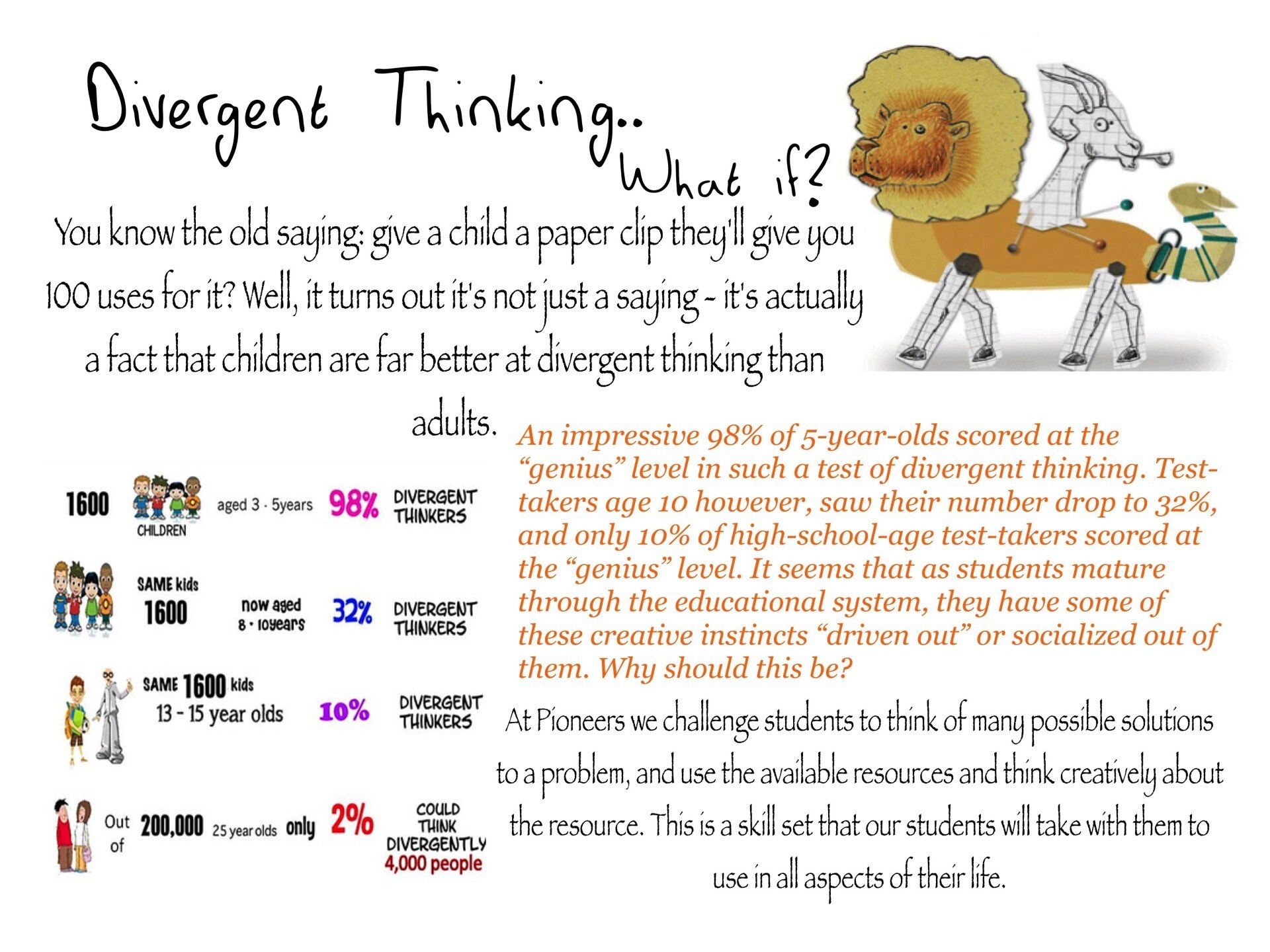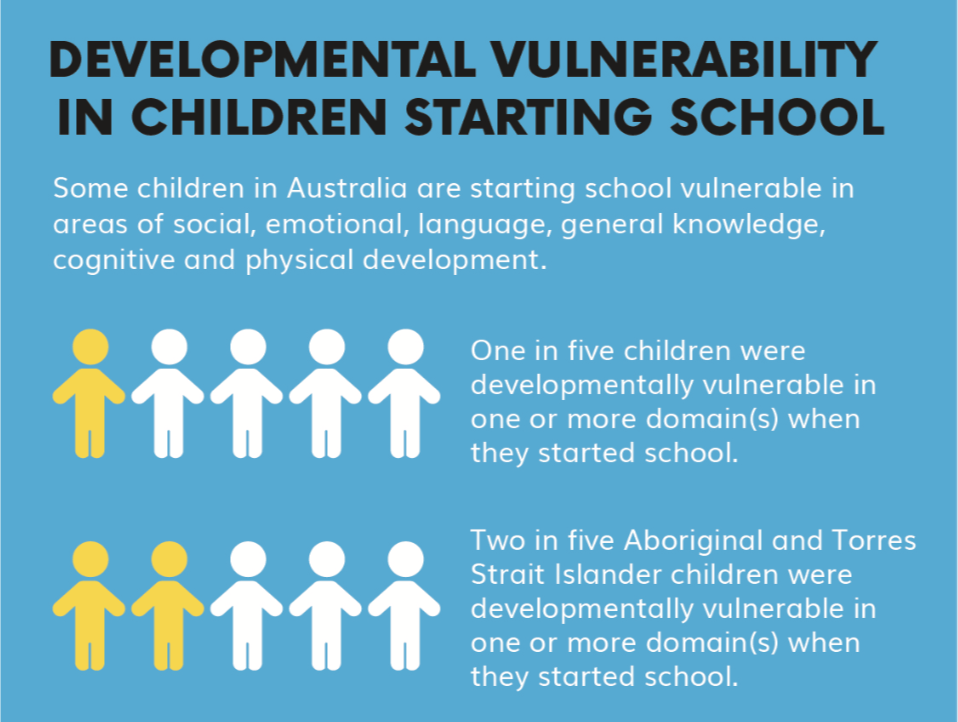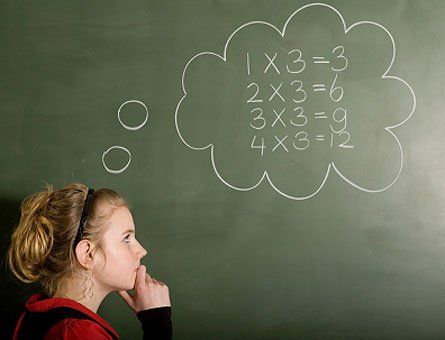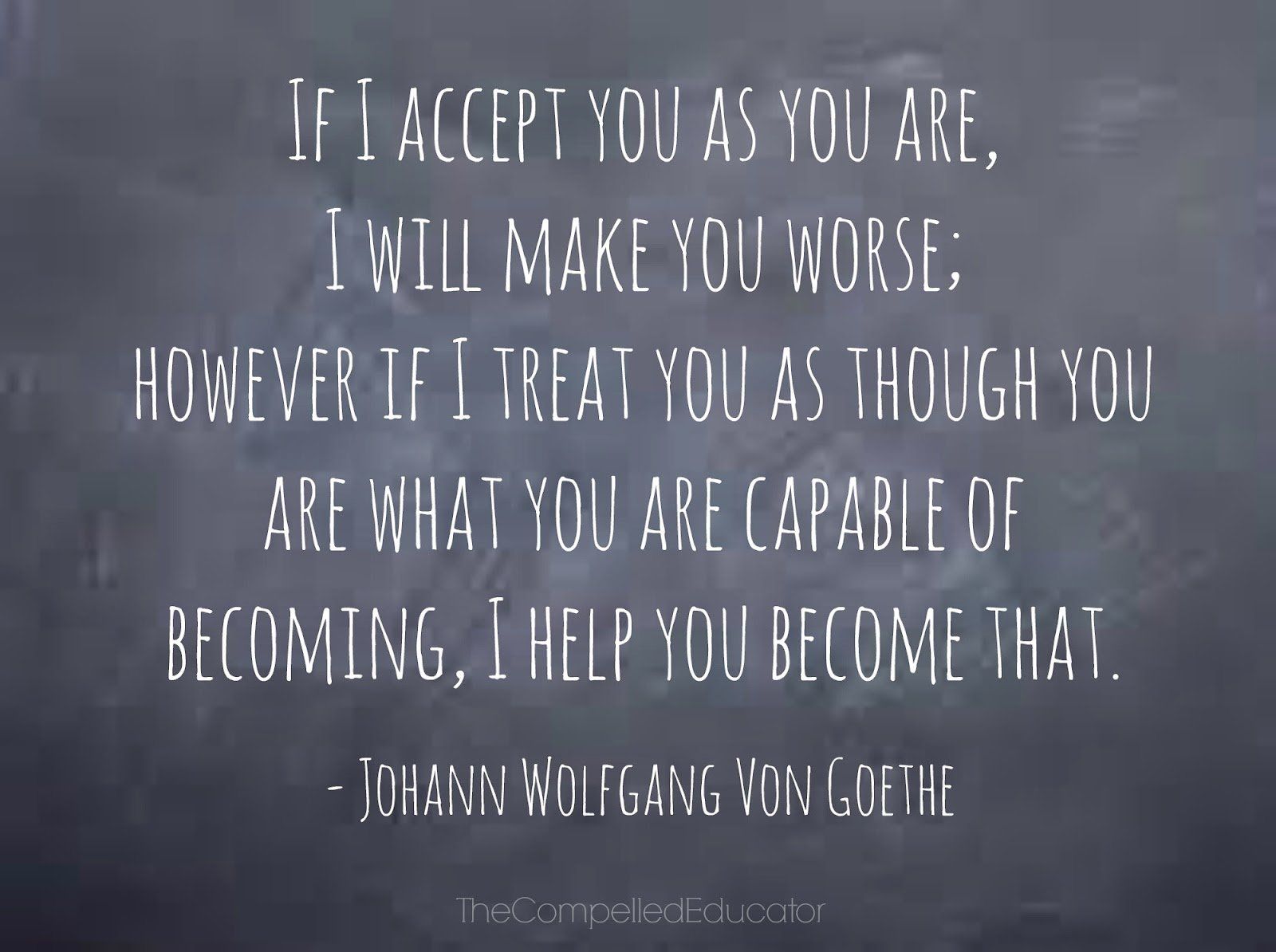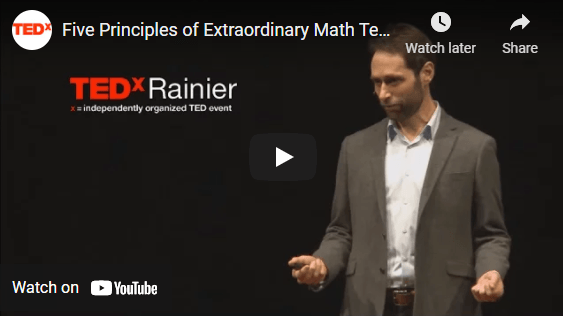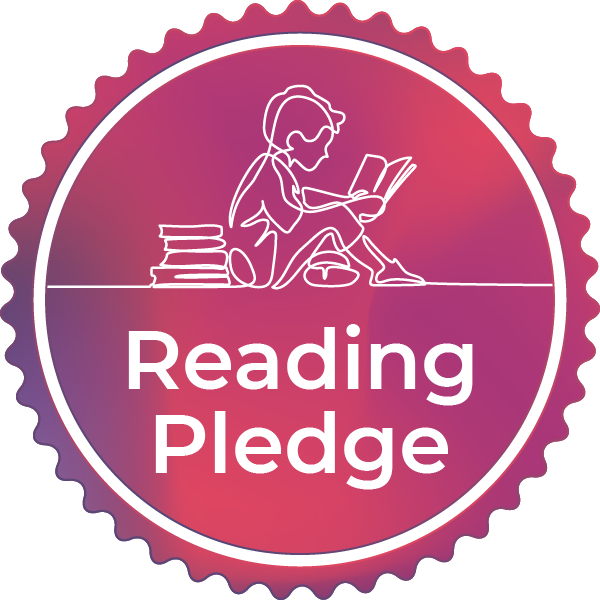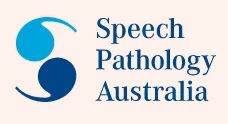Divergent Thinking...What if......
The word divergent is partly defined as "tending to be different or develop in different directions." Divergent thinking refers to the way the mind generates ideas beyond proscribed expectations and rote thinking -- what is usually referred to "thinking outside the box," and is often associated with creativity. Convergent thinking, on the other hand, requires one to restrict ideas to those that might be correct or the best solution to a problem.
"Imagination is more than knowledge.
For knowledge is limited to all we now know and understand, for imagination embraces the entire world, and all there ever will be to know and understand" - Albert Einstein
In the book Breakpoint and Beyond, published in 1993, authors George Land and Beth Jarmen explain a longitudinal study they performed on 1,600 children between the ages of 3 and 5 years old. The children were administered 8 tests on divergent thinking, and 98 per cent of them scored within the creative genius category. The same children were re-tested 5 years later, and only 32 per cent scored in the creative genius category. 5 years later the same group of children, now between 13 and 15 years old, were tested once again, and only 10 per cent of the children scored in the creative genius category.
What the study by George Land and Beth Jarmen, is demonstrating is that past a certain age, most people are incapable of coming up with unique ideas because they simply don’t have the capacity to do so. So it is true that ‘if you don’t use it, you lose it.’ Being a divergent thinker is how revolutionary ideas come about, it is the unique way of thinking that inspires and empowers people.
Pioneers focus is to build strong capable learners that have the study skills necessary to be successful in life, the way we think and our mindset towards learning and creating is essential in finding our true passion in life and being able to make our individual print in the world.
